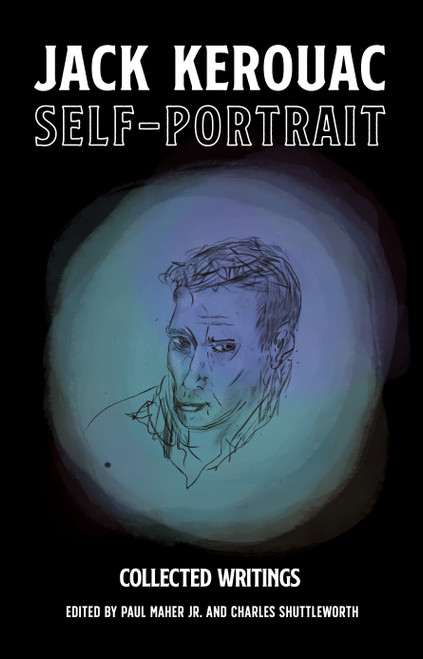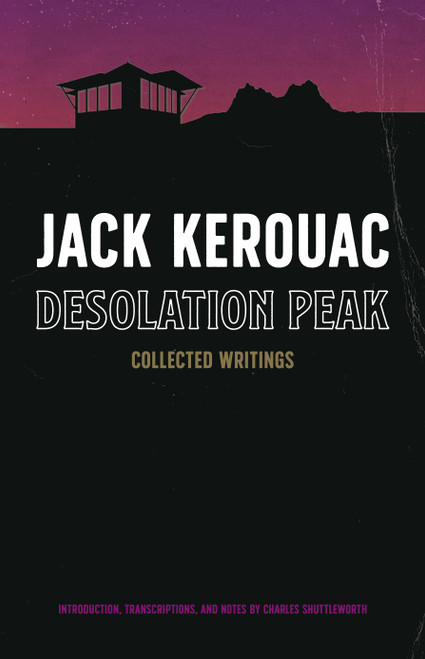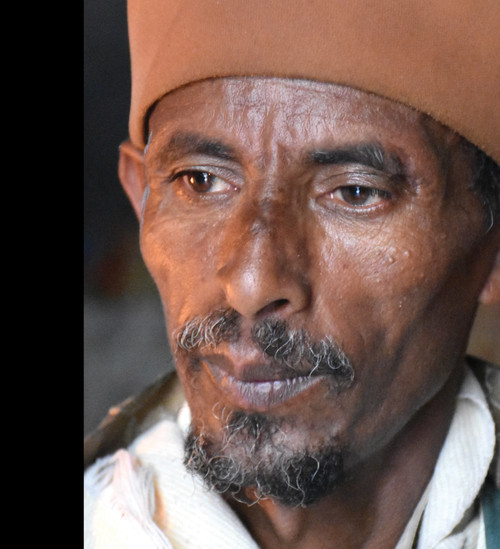A collection of previously unpublished writing culled from the Kerouac archive
Edited by Paul Maher Jr. and Charles Shuttleworth
with a new Foreword by Jonathan Evison
Estate-signed certificates are available only through this site.
Estate-signed orders will include an official Jack Kerouac Estate stamp and hand-numbering on the book's title page, as well as an official estate-signed certificate of authenticity signed by Jim Sampas, Literary Executor of The Jack Kerouac Estate.
Jack Kerouac’s archive is vast. Throughout his life he was constantly writing, and he meticulously saved and catalogued his material. The result is that beyond the work published in his lifetime there has been a rich stream of posthumous writing that is far from tapped, adding depth to his lifework—the Duluoz Legend—and our understanding of Kerouac the man. Far from being the adrenalized thrill-seeker that he depicted in On the Road’s Dean Moriarty, Kerouac himself was deeply spiritual, shy, and reclusive. He sought adventures for the sake of experience, needing them to fuel his writing, which according to him was his sole reason for living. Few people sacrificed more for their art.
This collection of previously unpublished writing culled from the Kerouac archive, and as a companion to Paul Maher Jr.'s Becoming Kerouac, spans Kerouac’s adult life, from a journal written at age seventeen to autobiographical reflections a few years before his death. Self-Portrait is a blend of fictional and nonfictional pieces, a few abandoned starts but most complete in themselves and all of them chosen for the revelations they contain.
In The Moon and Sixpence, Somerset Maugham wrote, “A man’s work reveals him… No one can produce the most casual work without disclosing the innermost secrets of his soul.” There are more than two dozen Kerouac biographies, but Self-Portrait reveals the artist in his own words, from his early ambition to the deep self-examination of his “Self-Ultimacy” period, his three-year struggle to write On the Road, musings about himself and America in the half-dozen years before the novel was published and then in the aftermath amid his public withdrawal, suffering from alcoholism and hounded by fame. Through it all there are tortuous feelings about his family—love, guilt, duty, and betrayal. As fans of Kerouac have come to learn, reading his work is a visceral probe.
About the Author
Jack Kerouac was born in Lowell, Massachusetts, in 1922, the youngest of three children in a Franco-American family. He attended local Catholic and public schools and won a scholarship to Columbia University in New York City, where he first met Neal Cassady, Allen Ginsberg, and William S. Burroughs. His first novel, The Town and the City, appeared in 1950, but it was On the Road, published in 1957 and memorializing his adventures with Neal Cassady, that epitomized to the world what became known as the “Beat generation” and made Kerouac one of the most best-known writers of his time. Publication of many other books followed, among them The Dharma Bums, The Subterraneans, and Big Sur. Kerouac considered all of his autobiographical fiction to be part of “one vast book,” The Duluoz Legend. He died in St. Petersburg, Florida, in 1969, at the age of forty-seven.
Paul Maher Jr. is a freelance writer and editor. He is also author/editor of Kerouac: His Life and Work; and editor of Tom Waits On Tom Waits: Interviews & Encounters with Tom Waits; Miles On Miles: Interviews & Encounters with Miles Davis; One Big Soul: An Oral History of the Films of Terrence Malick; and Isolated Wanderer: A Maxwell Bodenheim Reader. He lives in Lubec, Maine with his wife, Caitlin.
Charles Shuttleworth is senior editor of Sal Paradise Press. As such, he edited Desolation Peak, published in 2022, which consists of Kerouac’s writing during his two-month stint as a fire lookout for the US Forest Service in the North Cascades in 1956; and the next volume, The Buddhist Years, focuses on writings from 1954–’57, revealing how Kerouac’s study of Buddhism led to spiritual insights and colored his fiction. Shuttleworth has been teaching classes on Jack Kerouac and the Beat Generation for the past thirty years, currently at the Harker School in San Jose, California.
Jonathan Evison is the New York Times–bestselling author of seven novels, including All About Lulu, West of Here, The Revised Fundamentals of Caregiving, This Is Your Life, Harriet Chance!, Lawn Boy, Legends of the North Cascades, and Small World. As a teen, Evison was the founding member of the punk band March of Crimes, which included future members of Soundgarden and Pearl Jam. He lives with his wife and family in Washington State.
About Sal Paradise Press
Sal Paradise Press is part of the content development arm of the Jack Kerouac Estate. Its goal is to keep Jack’s spirit alive for future generations. The Los Angeles Times has called Sal Paradise Press co-founder Jim Sampas “the thinking person's producer [who has a] reputation for sticking out of the pack.” He has produced numerous projects receiving critical acclaim in such major news outlets as People, Newsweek, CNN, The New York Times, Time, Entertainment Weekly, Rolling Stone, and NPR. Jim is the Literary Executor of the Jack Kerouac Estate. Sal Paradise Press co-founder Sylvia Cunha is a music industry professional with over twenty years of experience in marketing and event creation. She has worked with many well-known musicians, promoters, festivals, and venues and her work has received coverage in Billboard, Pollstar,Deadline Hollywood, The Boston Globe, and many other publications. Her main focus has always been to connect fans with artists, authors, personalities, and brands through unique experiences. Sylvia handles all aspects of marketing and business development for the Jack Kerouac Estate. For more information, visit www.jackkerouac.com.










![Desolation Peak: Collected Writings by Jack Kerouac [e-book] Desolation Peak: Collected Writings by Jack Kerouac [e-book]](https://cdn11.bigcommerce.com/s-mgusnzjr16/images/stencil/500x659/products/647/1519/9781644282861_FC__35372.1748646185.jpg?c=1)

